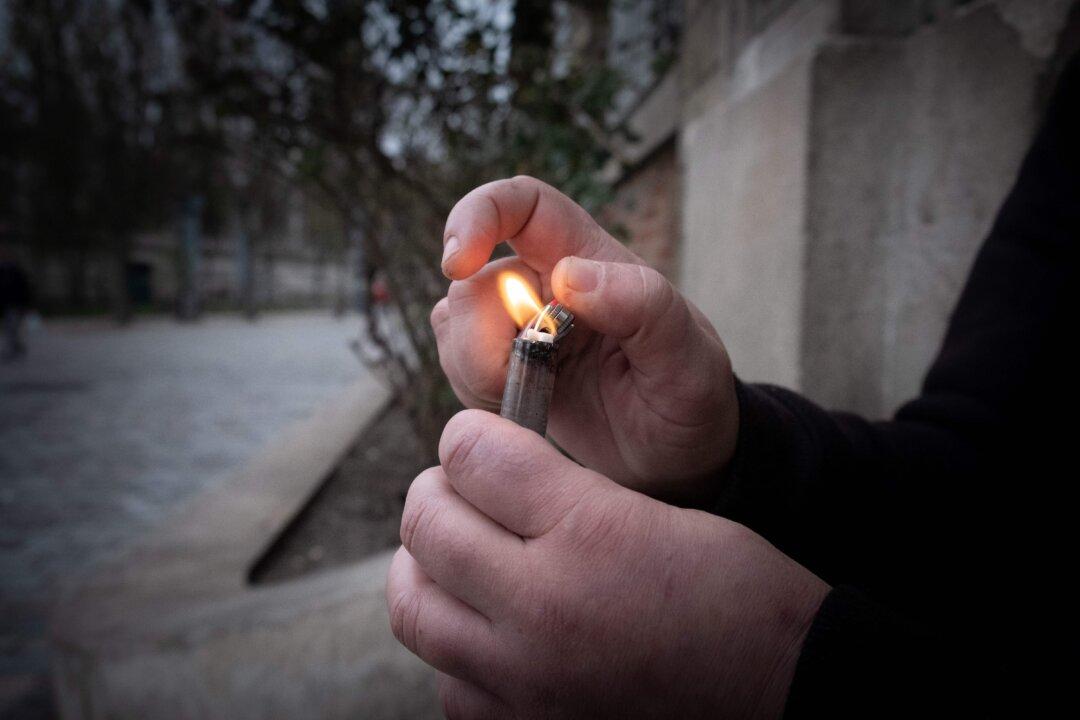Commentary
During a recent stroll through Lafayette Park, a historic site that has witnessed the ebb and flow of U.S. history, I was confronted with a sight that encapsulated the deteriorating fabric of our society.

During a recent stroll through Lafayette Park, a historic site that has witnessed the ebb and flow of U.S. history, I was confronted with a sight that encapsulated the deteriorating fabric of our society.